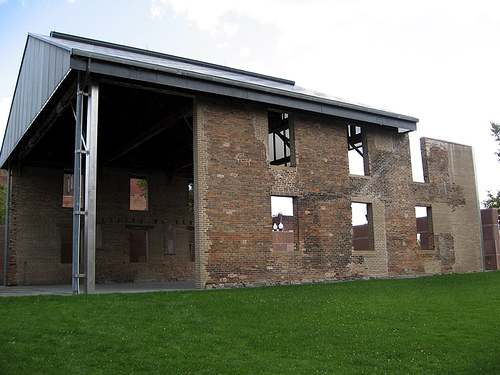Here is a bit of history that you might find interesting and encouraging.
The Pilgrim Holiness church, founded by Seth Rees (father of Paul S. Rees, prominent in the founding of the National Association of Evangelicals in the 1940s), opened wide the door to women preachers who comprised 30 percent of its ordained elders in its early decades. Rees's wife served with him as copastor and coevangelist. Against those who opposed women preachers, Rees countered, "Nothing but jealousy, prejudice, bigotry, and a stingy love for bossing in men have prevented woman's public recognition by the Church."-Dayton, Discovering an Evangelical Heritage, 98
